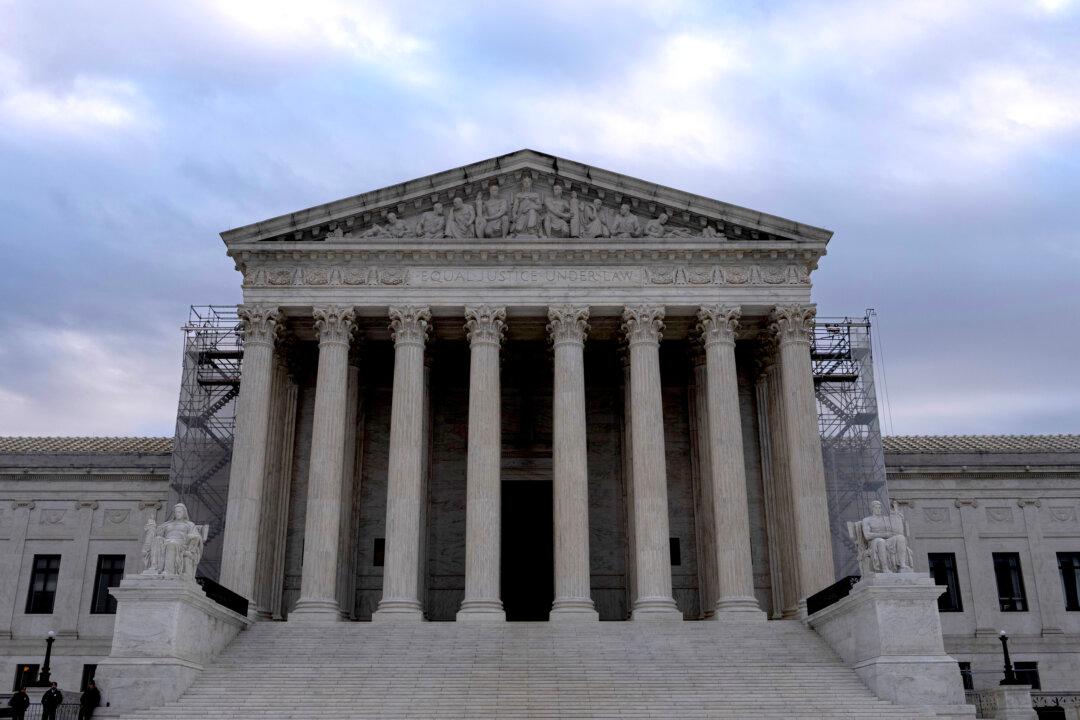The Supreme Court has scheduled oral arguments in a challenge to regulations governing the use of the abortion pill mifepristone.
The highly anticipated hearing will take place on March 26, the court announced on Jan. 29. The court granted the petition for certiorari, or review, in the case on Dec. 13, 2023.





